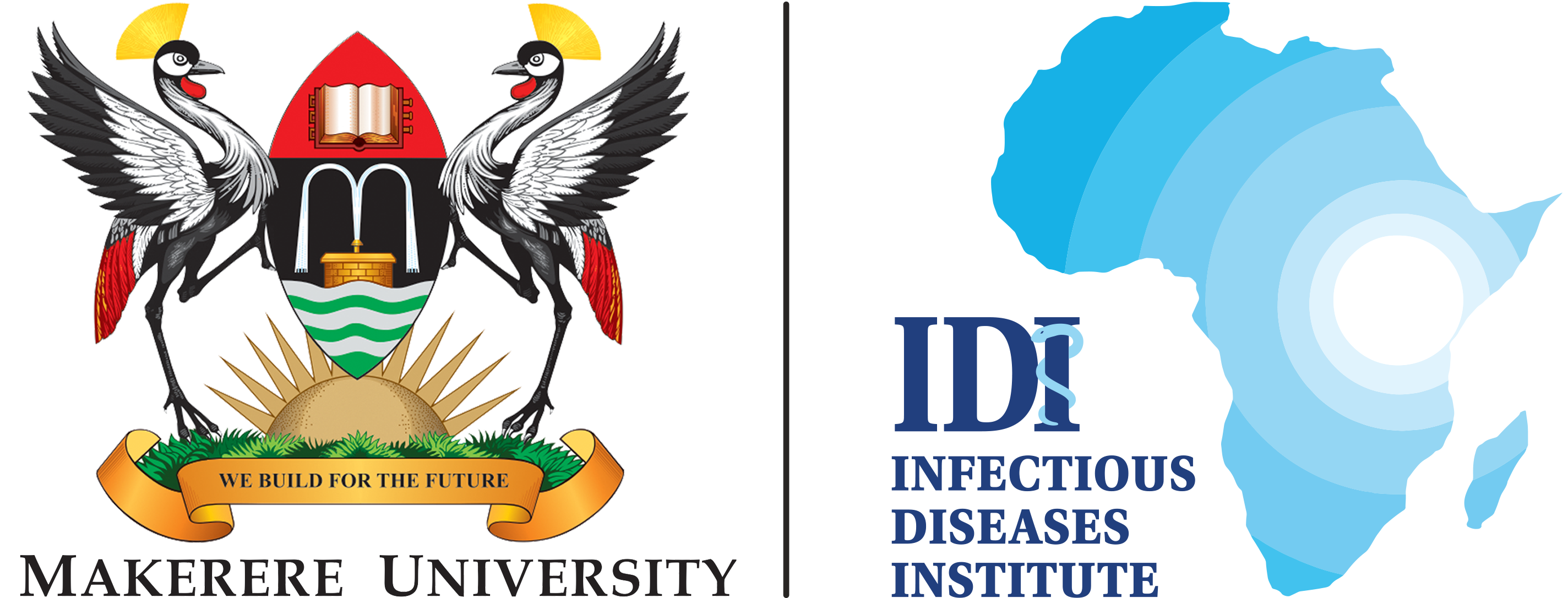- Associated Links
-
-
Our united network of partners and institutions share a vision for excellence, innovation, and impact. Together, we harness our combined strengths to create meaningful change.
-
-
-
- Careers
-
-
Our people are our greatest asset. We foster a thriving environment where everyone can flourish and make a difference. Join us in driving innovation and positive change through fulfilling career opportunities.
-
-
INNOVATION
We integrate prevention, care, and treatment to foster a holistic approach to healthcare

Prevention involves proactive strategies to reduce the risk of diseases and health issues through education, vaccination, lifestyle changes, and other measures. Care embodies the vital support and attention provided to individuals in their journey to better health, encompassing diagnosis, monitoring, and emotional support. Finally, treatment involves the deployment of medical interventions and therapies to address health conditions, ensuring patients receive the best available care to alleviate their symptoms and promote recovery.
At IDI, we fuse these three pillars to create a holistic healthcare ecosystem that not only saves lives but also enhances the overall well-being of individuals and communities, underlining the essential role of healthcare systems in our society.
Here are highlights of IDI’s contribution to the prevention, care, and treatment of infectious diseases, particularly HIV and opportunistic co-infections such as tuberculosis (TB) and sexually transmitted infections.
Specialized Clinics for Key Populations
Key populations bear a disproportionate burden of HIV infection. Globally, new infections among key populations and their sexual partners account for 36% of all new HIV infections. Achieving the UNAIDS Fast Track treatment targets requires a renewed and focused approach to identify these most at-risk and vulnerable populations and respond to their specific needs, such as individuals in sero-discordant relationships, HIV-positive adolescents, HIV/TB co-infection, and HIV-positive women who are pregnant
Strengthening of Referral Mechanisms
At IDI, the clinic has established its role as a referral centre within the national referral system, increasing the proportion of more complicated cases and referring more stable patients to clinics that have developed the necessary capacity (with IDI support) to provide good-quality primary HIV/AIDS services. IDI doctors regularly provide consultations to patients who are receiving routine care elsewhere but have failed on the first-line therapy or are experiencing other complications
Replicable Models of Care
One of IDI’s mandates is to develop models for the care of infectious diseases in low-resource settings. Through the PCT programme, the institute has produced a series of innovative and replicable models of care, such as Task Shifting, Pharmacy Refill Program, and ‘Switch’ Meetings that focus on regimen change for individual patients. Other models include the HIV/TB co-infection clinic, integrated sexual and reproductive health services, care and treatment for key populations (commercial sex workers and long-distance truck drivers). IDI has a wealth of experience and expertise that has been fostered through regular Continuing Medical Education (CME) activities, journal clubs, and a research forum.
Task Shifting: This is an approach to address the shortage of healthcare workers through reallocating human resources. This model gained international recognition in 2008 but was implemented as early as 2006 to address overwhelming numbers of patients during the antiretroviral rollout in the clinic. Task shifting empowers nurses to review patients so that medical doctors can concentrate on treatment and broader clinical care. Nurses are trained in clinical assessment, identification of drug toxicities, management of opportunistic infections, and drug interactions to ensure the quality of care. In addition, the nurses are kept abreast of developments in clinical care through Continuous Nursing Education (CNE). Worthy of note is that nurses at IDI have shifted some of their tasks to the Expert Friends on a voluntary basis, enabling nurses to concentrate on offering quality care to the clients who attend the clinic. Some of the tasks delegated by nurses to the Expert Friends include taking patient vitals, such as weight and height, and the transfer of files. The Friends are trained in basic patient care management and counselling to provide quality care.
Pharmacy Refill Programme: Time is precious, and once lost, it can never be recovered. Aware of this fact, the Pharmacy Refill Programme was conceived as an efficient and cost-effective way of decongesting the IDI clinic. At the time, it was observed that not all the patients who visited the clinic each day needed to see a clinician. The clinician workload was too high for both doctors and nurses because of the high demand for HIV care. The load included patients who were deemed clinically stable. The Pharmacy Refill Programme was created to address this special group of clients. The program, which has been rolled out to other centres of HIV care in Uganda and Africa, has reduced waiting time for patients and enabled nurses, clinicians, and pharmacy staff to pursue other interests due to reduced workload.
Switch Meetings: This is one of the Continuing Medical Education sessions held by IDI’s PCT programme. The purpose is to discuss the care of Friends who are failing on antiretroviral therapy (ART). All cases of Friends that require a switch of medication are discussed by a team of committed clinicians with support from internal and external experts, and necessary recommendations are made to improve the quality of HIV treatment. Additionally, Switch Meetings are a great resource for medical students, visiting clinicians, and other healthcare workers to learn about real-life HIV care in a resource-limited setting.
Replicable Systems for Management of Care
In partnership with local and international players, standard operating procedures were introduced to ensure consistently good quality care. IDI has developed and maintained world-class, replicable clinic management systems, with the successful implementation of the Integrated Clinic Enterprise Application (ICEA)—an automated clinic management system—as a major achievement that many partners and peers have sought to replicate.
Supporting Referral Hospitals in HIV Care
IDI has experience working alongside the Ministry of Health and other partners to develop infrastructure for HIV prevention, treatment, and care services. Through various projects, we have supported several aspects of comprehensive HIV/AIDS programs at over 10 HIV referral centres, including eight regional referral hospitals across the country, one Health Centre IV, and one private not-for-profit facility. The support has ranged from consolidating and scaling up HIV care and treatment to targeting integrated HIV prevention support services for adults, adolescents, and children living with HIV/AIDS in key populations. Furthermore, we have strengthened referrals, linkages, and partnerships within and between regional referral hospitals, between regional referral hospitals and private health facilities, within a network of medical specialists, civil society organizations, and other partners for improved HIV/AIDS prevention, care, and treatment in the country.
National Policy Development
IDI has supported the Ministry of Health in creating national prevention, care, and treatment guidelines for infectious diseases, leading to standardized care and treatment for HIV, including antiretroviral therapy dosing for adults and children. Additionally, we have contributed to national policy development through participation in national key committees, technical working groups, and many other national policy-making fora, such as Surveillance, Monitoring, Evaluation, and Research; Clinical Services Technical Working Group; National Coordination Committee; Communicable Disease Control Technical Working Group; and the PrEP Committee.
LISTINGS
For more information on IDI’s Prevention, Care and Treatment Programme contact,
Aggrey Semeere, Head of Prevention, Care and Treatment Email: Clincalcare@idi.co.ug Telephone: +256 312 307 237

